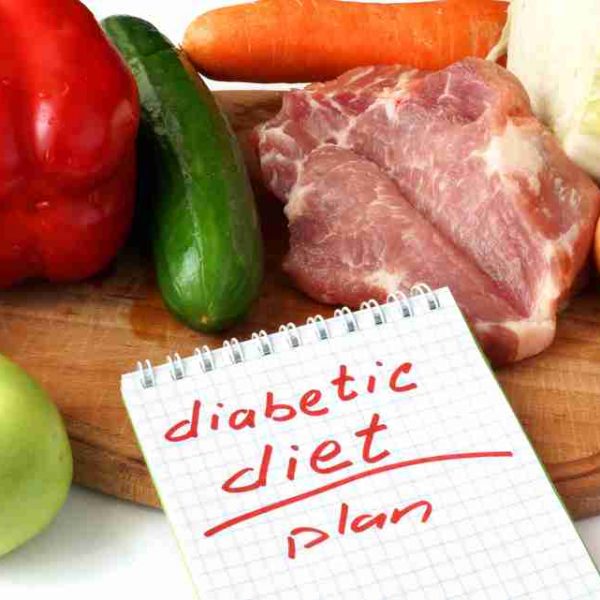You love your cold coffee with cream and can’t resist those delicious-looking cupcakes. But, every time you sip your coffee or take a bite of that cake, something pinches you from within. You want to reduce your added sugar intake but end up giving in to sweet cravings!
Don’t worry – we have a solution to reduce sugar intake. It is essential to monitor your sugar consumption to avoid diabetic illnesses and lead a healthy life.
What You Need To Know:
- The truth about added sugar
- How to cut down on added sugar?
H2: The truth about added sugar
The truth about added sugar is that it can contribute to health problems like weight gain, type 2 diabetes, and heart disease. Excess sugar is stored as fat in the body, which can lead to weight gain. Being overweight increases the risk of health problems. It can also damage blood vessels, which can lead to plaque buildup and increase the risk of heart attack and stroke. Free sugars added to foods and drinks provide calories but no nutritional value. The World Health Organization (WHO) recommends that people reduce their intake of free sugars to around 5% of their total energy.
H3: Daily recommended added sugar for women
The American Heart Association recommends that women consume no more than six teaspoons (25 grams or 100 calories) of added sugar daily. This is equivalent to limiting added sugars to no more than 6% of calories each day.
H3: Daily recommended added sugar for men
The American Heart Association (AHA) recommends that men consume no more than nine teaspoons (36 grams or 150 calories) of added sugar daily. This equals no more than 6% of calories from added sugars daily.
How to cut down on added sugar?
- Identify your primary source of added sugar:
Are desserts your weakness? Or is it soda or junk food? Whatever it is, you need to find the primary source of added sugar and work on reducing it. For instance, you may add a lot of sugar to your coffee or eat a lot of bread and cookies throughout the day. These are your sources of added sugar. Determine why your sugar intake is increased and then aim to reduce it. - Go slow:
You cannot give up on sugar within a day. Having too much sugar is a habit, and breaking that habit will take time. Give yourself some time. Then, once you have identified your primary sources of added sugar, start cutting down. For example, if you add three teaspoons of sugar to your tea or coffee, reduce it to two, then gradually add one. - Read labels:
Processed foods like packaged cakes, candies, and snacks are full of added sugar. Even the so-called healthy, ‘low fat’ or ‘diet’ foods may contain added sugar. Sugar is often hidden under scientific names on food labels. Look for words like sucrose, maltose, dextrose, fructose, glucose, lactose, galactose, etc. Make the habit of reading labels and lessening sugar-loaded foods and drinks in your diet. - Eat more real foods:
Do you find yourself eating a lot of junk food throughout the day? It’s time to switch to real foods. Prepare meals and replace chips with healthier foods like nuts and fruits for snacking. Do this for a month, and you shall notice that your sugar intake decreases drastically. - Go to bed early:
Many people crave something sweet after dinner. Those who work late nights crave something to munch. This way, sugar levels in your body can rise. Going to bed on time and getting proper sleep can help you decrease these cravings and reduce added sugar in your diet.
By committing to these tips, you can move towards a healthier, happier life.
Stay tuned to the Activ Living Community. Keep up to date with the latest health tips and trends through expert videos, podcasts, articles, and much more on nutrition, fitness, mindfulness, and lifestyle conditions like Asthma, Blood Pressure, Cholesterol, and Diabetes. Activ Living ke saath sahi sehat ki shuruat ABHI karo.
You may also be interested in the following blogs:
- How To Beat The Cravings with 10 Blood Sugar-Friendly Snacks
- A Complete Guide To Manage Blood Sugar Spikes
Popular Searches
How to lower blood pressure | Fruits good for liver | Unhealthy foods | Ragi Benefits | Basal Metabolic Rate | Acupressure points for High Blood Pressure | Ayurvedic medicine for blood pressure | How to control cholesterol at home | Homeopathy for Asthma | Biological Age | Home remedies for TB | Natural beta blockers | Negative effects of internet | Types of walking | Blood pressure calculator | Blood sugar calculator | BMI Calculator





 1800-270-7000
1800-270-7000








Hello thеre, ϳust became aware of your bⅼog through Google, and found that it’s
truly informative. I’m going to watch out for brussels.
I will appreciate if you continue this in future.
Ꭺ lot of people will be benefited from your writing. Сhеers!